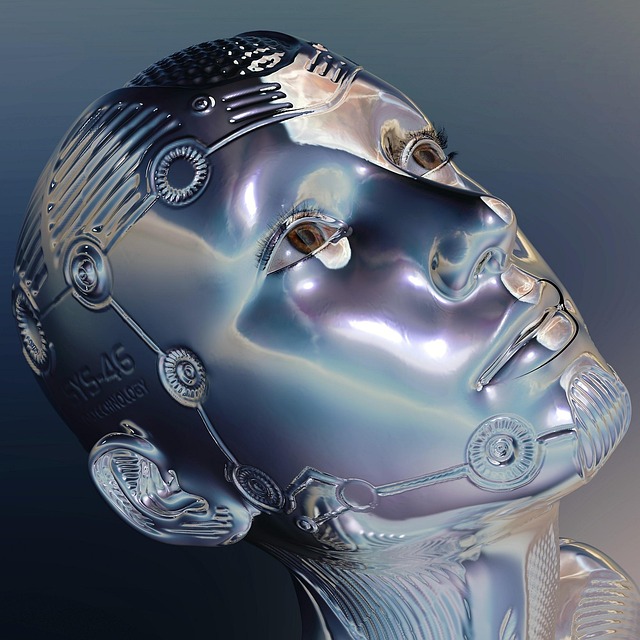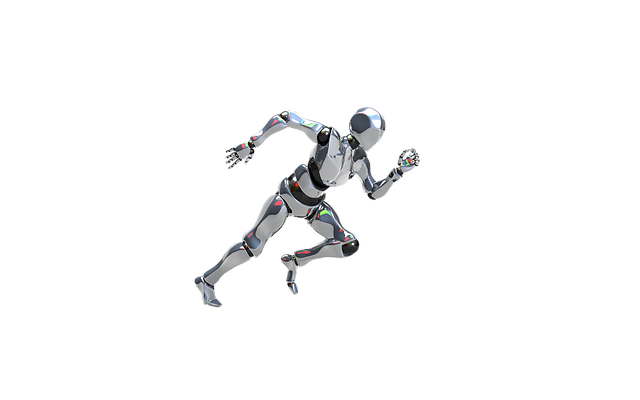
The Impact of Artificial Intelligence on Employment: An In-Depth Analysis
Artificial Intelligence (AI) is revolutionizing industries worldwide, leading to significant transformations in the workforce. This comprehensive analysis delves into how AI is reshaping various sectors, identifying jobs at risk, and highlighting emerging opportunities.

Introduction
The integration of AI into business operations has accelerated, prompting discussions about its effects on employment. While AI offers efficiency and innovation, it also raises concerns about job displacement and the future of work.
Understanding AI's Role in the Workforce
AI encompasses technologies that enable machines to perform tasks that typically require human intelligence, such as learning, reasoning, and problem-solving. Its application spans various domains, from data analysis to customer service.
Industries Most Affected by AI
Manufacturing

Manufacturing has been at the forefront of automation, with AI-driven robots enhancing production efficiency. However, this advancement has led to a reduction in manual labor roles. A study indicates that AI could automate up to 70% of work hours in manufacturing by 2030, primarily affecting manual and repetitive tasks. (ijgis.pubpub.org)
Retail

The retail sector is embracing AI through self-checkout systems, inventory management, and personalized marketing. While these innovations improve customer experience, they also threaten traditional roles like cashiers and stock clerks. AI is projected to automate 50% of work hours in retail, impacting jobs related to inventory management, customer service, and sales operations. (ijgis.pubpub.org)
Transportation and Logistics

Autonomous vehicles and AI-driven logistics are transforming transportation. Self-driving trucks and drones are set to replace human drivers, potentially displacing millions of jobs. The transportation and warehousing sector could see up to 80% of work hours automated by 2030. (ijgis.pubpub.org)
Customer Service

AI chatbots and virtual assistants are increasingly handling customer inquiries, reducing the need for human agents. This shift is evident as AI manages routine customer support calls and chats, potentially eliminating a large number of call-center jobs globally. (linkedin.com)
Finance

The financial sector leverages AI for tasks like fraud detection, algorithmic trading, and data analysis. While AI enhances efficiency, it also poses a threat to entry-level positions such as data entry clerks and some roles in risk management and assessment. (datarails.com)
Industries Least Affected by AI
Healthcare

Despite AI's growing role in diagnostics and patient care, healthcare remains less susceptible to automation. Roles requiring human empathy and complex decision-making, such as nurses and surgeons, are less likely to be replaced by AI. (aiminds.us)
Education

Teaching involves adapting to individual learning styles and fostering personal growth, tasks that AI cannot replicate. Educators continue to play a crucial role in student development, with AI serving as a supplementary tool. (aiminds.us)
Job Creation Amidst Automation
While AI leads to job displacement in certain sectors, it also creates new opportunities. The demand for AI specialists is projected to grow by 40% in the next five years. Additionally, AI-driven cybersecurity roles are expanding due to a 67% rise in AI-powered cyberattacks. (remarkhr.com)
Strategies for Workforce Adaptation
To navigate the evolving job landscape:
- **Upskilling and Reskilling:**Workers should acquire skills in AI and related technologies to remain competitive. -**Embracing AI Collaboration:**Professionals can leverage AI to enhance productivity and focus on complex tasks. -Policy Development: Governments and organizations should implement policies that support workers through transitions, such as retraining programs and social safety nets.
Conclusion
AI's impact on employment is multifaceted, presenting both challenges and opportunities. By understanding these dynamics and proactively adapting, workers and industries can harness AI's potential while mitigating its risks.